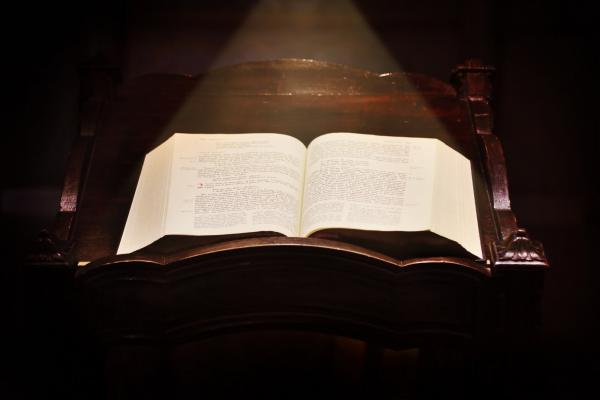Nov 3, 2016
So I am writing this to you, the pastors and spiritual leaders of congregations of Christians all across America. I am asking about your pastoral and prophetic responsibilities as we approach this historic election with potential consequences that we have never seen before in our lifetimes.
Read the Full Article

Already a subscriber? Login
